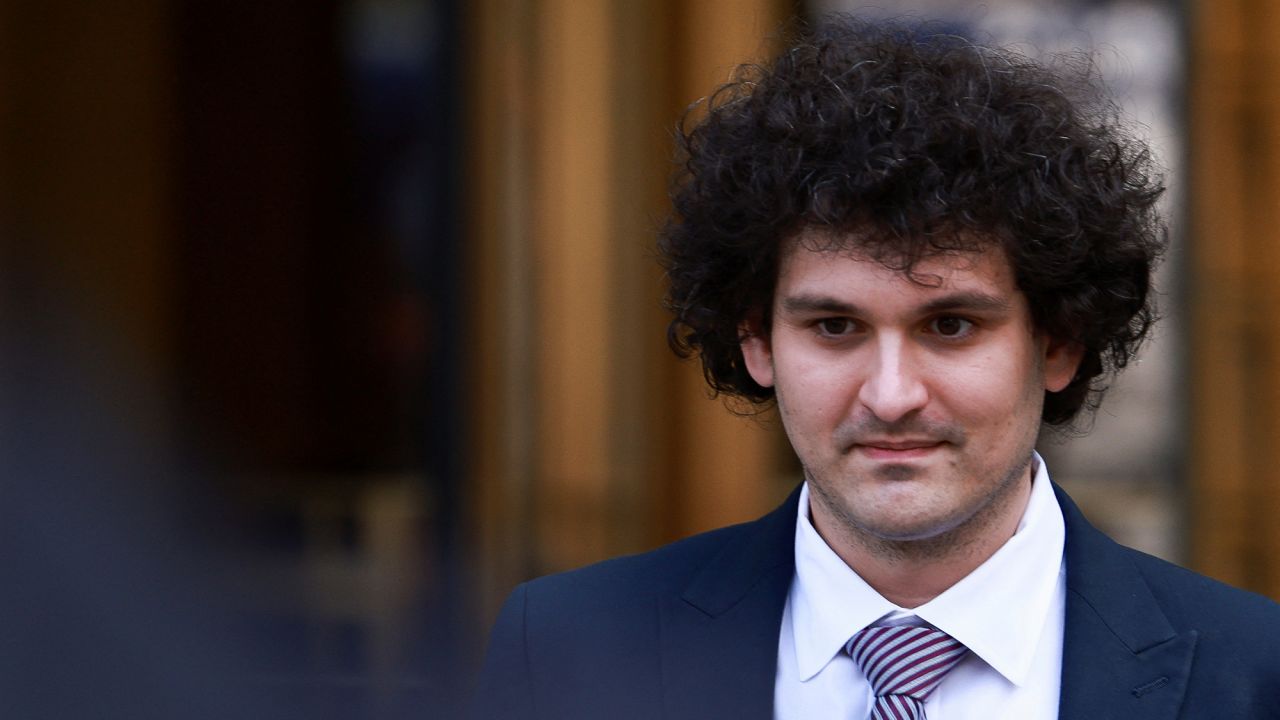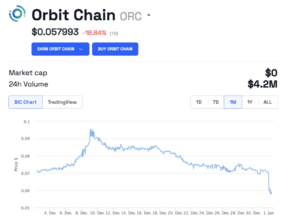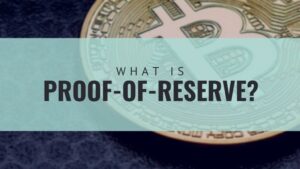
- The U.S. Court of Appeals has rejected FTX founder Sam Bankman-Fried’s plea for release during the appeal process for the Second Circuit.
- The Appeals Court cited his prior attempts to tamper with witnesses as a significant factor.
- Bankman-Fried’s legal team argued that his actions were protected under the First Amendment, but the appellate court affirmed the New York District Court’s ruling.
FTX founder and former CEO Sam Bankman-Fried, currently facing imprisonment after being convicted of fraud, has experienced a setback in his legal battle as the United States Court of Appeals for the Second Circuit declined his plea for release during the appeal process. The court’s mandate on November 21 underscored the significance of Bankman-Fried’s prior attempts to tamper with witnesses while on pretrial release, deeming them a critical factor in rejecting his request. The court firmly stated that the arguments by Bankman-Fried’s legal team lacked persuasiveness, solidifying the decision to keep him behind bars.
The legal complexities surrounding Bankman-Fried originated from accusations by government prosecutors, who alleged that he leaked Caroline Ellison’s diaries to The New York Times in July. This disclosure led to the New York District Court revoking his bail. In response, Bankman-Fried argued that the New York court failed to recognize that his actions were protected under the First Amendment as free speech. However, the appellate court upheld the New York District Court’s decision, emphasizing that witness tampering is beyond the constitutional protection of free speech.
A crucial element of contention presented by Bankman-Fried’s legal team was the claim that the district court neglected to explore less restrictive alternatives to detention. The appellate court, however, rejected this argument, affirming that the district court had thoroughly examined all relevant factors, including Bankman-Fried’s conduct during his pretrial release.
RELATED: The Finale of the FTX Saga
The conviction, comprising seven charges related to fraud and money laundering, was handed down on November 2. With his sentencing slated for March 28 next year, Bankman-Fried will remain in custody throughout the legal proceedings. The denial of his release during the appeal process underscores the severity of the allegations and the court’s concern over witness tampering, emphasizing that such actions warrant confinement, irrespective of constitutional protections.
As this legal saga unfolds, it not only brings attention to the intricacies of Bankman-Fried’s case but also raises broader questions about freedom of speech and its limitations in the context of criminal activities and witness interference. The case adds another layer to the ongoing discourse surrounding legal boundaries, individual rights, and the consequences of financial misconduct within the cryptocurrency industry.
The rejection of Bankman-Fried’s plea for release signals the judicial system’s commitment to maintaining the integrity of legal proceedings and addressing concerns related to potential interference with witnesses, ensuring a fair and impartial resolution.
Moreover, the high-profile nature of this case places it within the broader legal scrutiny that prominent figures in the cryptocurrency industry face. As digital assets and blockchain technology continue to reshape the financial landscape, regulatory bodies are increasingly vigilant in addressing potential illicit activities and ensuring compliance with existing laws. Bankman-Fried’s legal challenges may serve as a notable case study in understanding how legal frameworks adapt to the unique challenges presented by the rapidly evolving cryptocurrency sector.
READ: Former FTX CEO Sam Bankman-Fried denies defrauding users
Furthermore, the ongoing legal saga involving Sam Bankman-Fried invites contemplation on the broader implications for the cryptocurrency industry. As a prominent figure and founder of FTX, Bankman-Fried’s legal challenges may impact his standing and the reputation of FTX and the industry.
Regulatory scrutiny is intensifying in cryptocurrency, and high-profile cases like this one underscore the importance of legal compliance and ethical conduct within the industry. The outcome of Bankman-Fried’s legal proceedings could set precedents for how other cryptocurrency leaders navigate legal challenges, influencing regulatory approaches and shaping the industry’s future landscape.
The denial of release during the appeal process also prompts reflection on the delicate balance between individual rights and preserving legal proceedings’ integrity. The court’s emphasis on witness tampering as a critical factor in rejecting Bankman-Fried’s request underscores the judiciary’s commitment to safeguarding the legal process against interference.
This case prompts a broader discussion on the legal system’s challenges in adapting to the complexities of the digital age, where cryptocurrency-related offenses bring unique considerations. As the legal proceedings unfold, they will be closely watched for their impact on Bankman-Fried and the potential ripple effects on the legal framework surrounding cryptocurrencies and their leaders.
In conclusion, the denial of Sam Bankman-Fried’s request for release during the appeal process reflects the gravity of the allegations against him and the court’s commitment to upholding the integrity of legal proceedings. The legal complexities surrounding witness tampering, freedom of speech, and alternative detention measures contribute to a multifaceted narrative that extends beyond the individual case, shedding light on broader issues within the cryptocurrency industry and its evolving legal landscape.
- SEO Powered Content & PR Distribution. Get Amplified Today.
- PlatoData.Network Vertical Generative Ai. Empower Yourself. Access Here.
- PlatoAiStream. Web3 Intelligence. Knowledge Amplified. Access Here.
- PlatoESG. Carbon, CleanTech, Energy, Environment, Solar, Waste Management. Access Here.
- PlatoHealth. Biotech and Clinical Trials Intelligence. Access Here.
- Source: https://web3africa.news/2023/11/27/news/appeals-court-sam-bankman-fried/
- :has
- :is
- :not
- :where
- 28
- 7
- a
- About
- Accusations
- actions
- activities
- adapt
- adapting
- addressing
- Adds
- After
- against
- age
- All
- Allegations
- alleged
- also
- alternative
- alternatives
- and
- Another
- appeal
- appeals
- approaches
- ARE
- argued
- argument
- arguments
- AS
- Assets
- Attempts
- attention
- bail
- Balance
- Bankman-Fried
- bars
- Battle
- BE
- behind
- being
- between
- Beyond
- bid
- blockchain
- blockchain technology
- bodies
- boundaries
- bring
- Brings
- broader
- but
- by
- case
- case study
- cases
- ceo
- challenges
- charges
- cited
- claim
- closely
- commitment
- complexities
- compliance
- comprising
- Concern
- Concerns
- conclusion
- Conduct
- Consequences
- considerations
- context
- continue
- contribute
- conviction
- could
- Court
- Criminal
- critical
- crucial
- cryptocurrency
- Cryptocurrency Industry
- Currently
- Custody
- decision
- detention
- digital
- digital age
- Digital Assets
- disclosure
- discourse
- discussion
- district
- district court
- down
- during
- effects
- element
- emphasis
- emphasizing
- ensuring
- ethical
- evolving
- existing
- experienced
- explore
- extends
- Face
- facing
- factor
- factors
- Failed
- fair
- Figure
- Figures
- finale
- financial
- firmly
- First
- For
- Former
- founder
- Framework
- frameworks
- fraud
- Free
- Free speech
- Freedom
- freedom of speech
- from
- FTX
- FTX CEO
- future
- Government
- gravity
- had
- he
- high-profile
- him
- his
- How
- However
- HTTPS
- illicit
- Impact
- impartial
- implications
- importance
- in
- Including
- increasingly
- individual
- industry
- industry’s
- influencing
- integrity
- intensifying
- Interference
- intricacies
- Investopedia
- invites
- involving
- irrespective
- issues
- IT
- ITS
- jpg
- judicial
- July
- Keep
- landscape
- Laundering
- Laws
- layer
- leaders
- Led
- Legal
- legal proceedings
- legal team
- less
- light
- like
- limitations
- Maintaining
- mandate
- May..
- measures
- money
- Money Laundering
- multifaceted
- NARRATIVE
- Nature
- Navigate
- New
- New York
- New York Court
- New York Times
- next
- notable
- November
- of
- on
- ONE
- ongoing
- only
- originated
- Other
- Outcome
- over
- Places
- plato
- Plato Data Intelligence
- PlatoData
- plea
- potential
- presented
- preserving
- Prior
- Proceedings
- process
- prominent
- prompts
- prosecutors
- protected
- protection
- Questions
- raises
- rapidly
- recognize
- reflection
- reflects
- regulatory
- Rejected..
- related
- release
- relevant
- remain
- reputation
- request
- reshape
- Resolution
- response
- Restrictive
- rights
- Ripple
- ruling
- s
- safeguarding
- saga
- Sam
- Sam Bankman-Fried
- scrutiny
- Second
- sector
- serve
- set
- seven
- shaping
- signals
- significance
- significant
- solidifying
- speech
- standing
- stated
- States
- Study
- such
- Surrounding
- team
- Technology
- that
- The
- The New York Times
- their
- Them
- they
- this
- thoroughly
- throughout
- times
- to
- true
- u.s.
- under
- underscores
- understanding
- unique
- United
- United States
- upholding
- Warrant
- was
- Watched
- were
- while
- WHO
- will
- with
- within
- witness
- york
- zephyrnet













